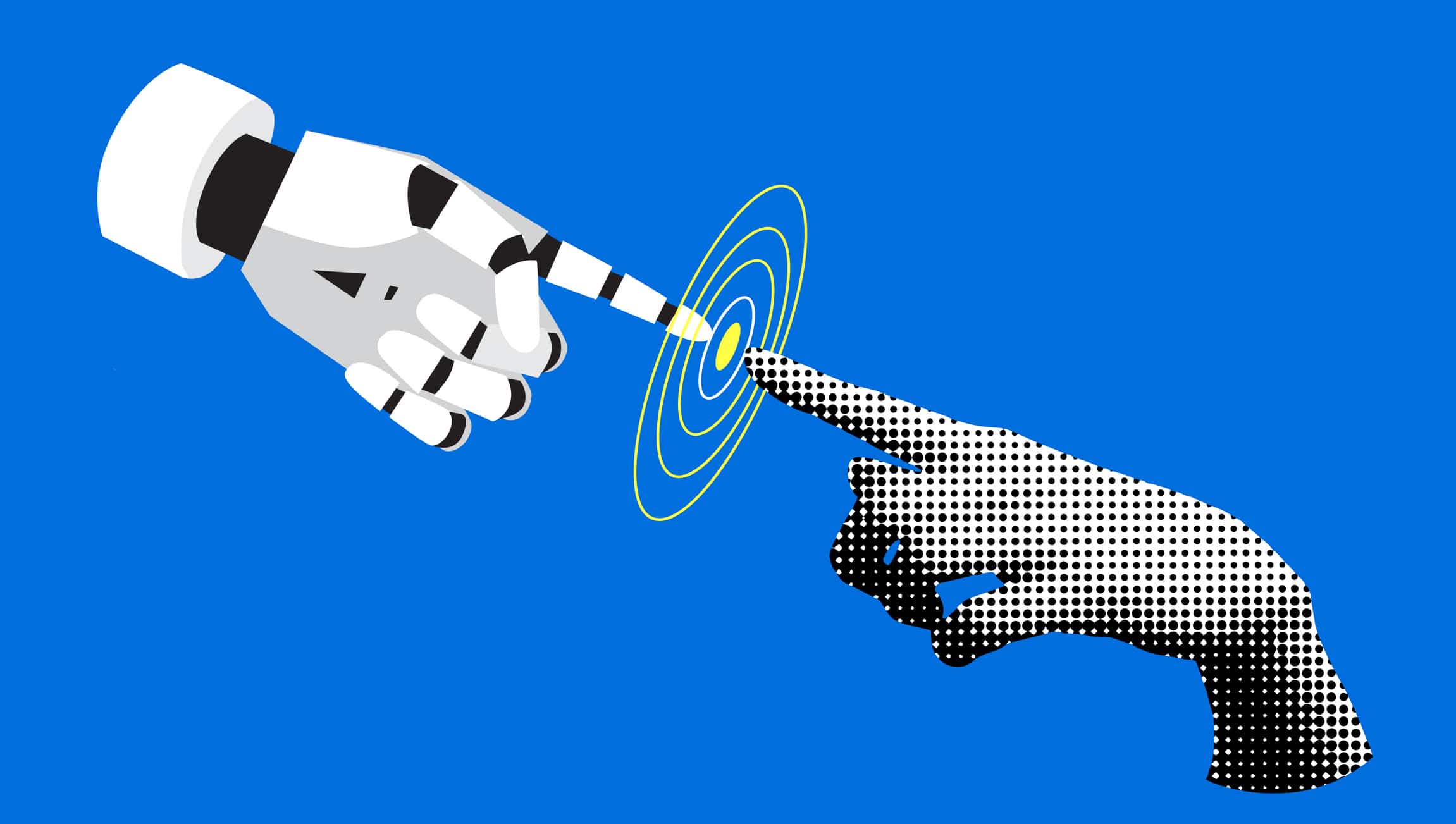
With artificial intelligence (AI) making significant advancements in the past five years, it is revolutionising the creative sector, reshaping the creative output of brands and agencies alike. As we enter a landscape where AI continues to advance, it’s crucial to address the ethical implications of AI in creative work.
Here are five ethical considerations creative teams must address when implementing AI into their workflows.
Transparency
Transparency is key in order to navigate the delicate balance of AI usage. As the technology becomes more advanced, we are entering a landscape where full transparency and disclosure isn’t just an ethical choice, but rather a business imperative.
As AI makes its way into our day-to-day, creative teams must develop clear protocols for disclosing AI usage, whether it’s in initial client briefs, project documentation, or final deliverables.

Creative Authenticity and Originality
Authenticity in the creative industries is vital and as AI tools become more sophisticated, protecting that creative authenticity becomes more important than ever and creative teams must consider:
- Brand Voice Preservation: Ensuring AI tools enhance, rather than dilute distinct brand personalities – no one knows the brand better than you!
- Original Thinking: Using AI as a springboard for creativity, not a replacement for human ideation and avoiding any AI generated work as the final product.
- Cultural Nuance: Maintaining cultural sensitivity and the market understanding that only humans can provide.
Quality Control and Brand Safety
What’s the rush to adopt AI?
Quality control can’t take a back seat, it’s important to consider clear protocols to ensure AI-enhanced work maintains the highest standards. By maintaining rigorous quality control with AI-generated content, brand integrity can be preserved.
Those working within creative industries must implement comprehensive quality checks that go beyond basic fact-checking. AI content must be verified against robust brand guidelines in addition to multiple screenings for any culturally sensitive issues, whether this is from the approval of others or proof-reading your work.
For best practice, the key is to maintain consistency between AI-assisted work and human-created content. This, in turn, will help to create a seamless brand experience that benefits from AI’s efficiency while upholding the high standards your audience expects.

Professional Development and Team Impact
The introduction of AI tools profoundly changes how creative teams work. To successfully manage this transition, careful consideration of human factors and professional growth opportunities are required.
Creatives must address the shifts in team dynamics and skill requirements that AI integration brings to the workplace. This means identifying and nurturing new AI-related capabilities while helping other team members to adapt to evolving role requirements. The goal is to build a balanced team dynamic where AI knowledge becomes a complementary skill rather than a replacement for creative expertise, ensuring everyone can contribute meaningfully to the enhanced creative process.
Data Privacy and Rights Management
The most important ethical consideration when working with AI is the data management challenges that require careful attention to privacy and rights issues. These include:
- Client Confidentiality: Protecting any sensitive information used in AI systems. Try implementing additional security measures in order to protect sensitive data, including encryption and regular security audits.
- Data Storage: Implementing secure systems for AI training data and carrying out compliance checks and regular audits of data usage and storage.
- Access Control: Managing who can use AI tools and access related data. By providing regular training on privacy requirements as well as updates on best practices is a great way to access control and prevent any unauthorised access or misuse.

Moving Forward with Ethical AI
Success in implementing AI ethically requires ongoing attention and adaptation and creative teams should regularly review and update policies, maintain open dialogue with stakeholders and monitor industry best practice.
It’s important to adapt to emerging challenges as ethical AI implementation is crucial for long-term success. This approach ensures that innovation and responsibility go hand in hand, delivering powerful results while maintaining the highest ethical standards.
At Prohibition, we work with various brands across all sectors, B2B and B2C, to create innovative PR and social media campaigns that deliver real ROI and help meet business goals. We also offer AI training for PR teams. Get in touch with us today to find out how we could support you with your Public Relations. Drop us an email: hello@prohibitionpr.co.uk or give us a bell on 0113 430 4160.




